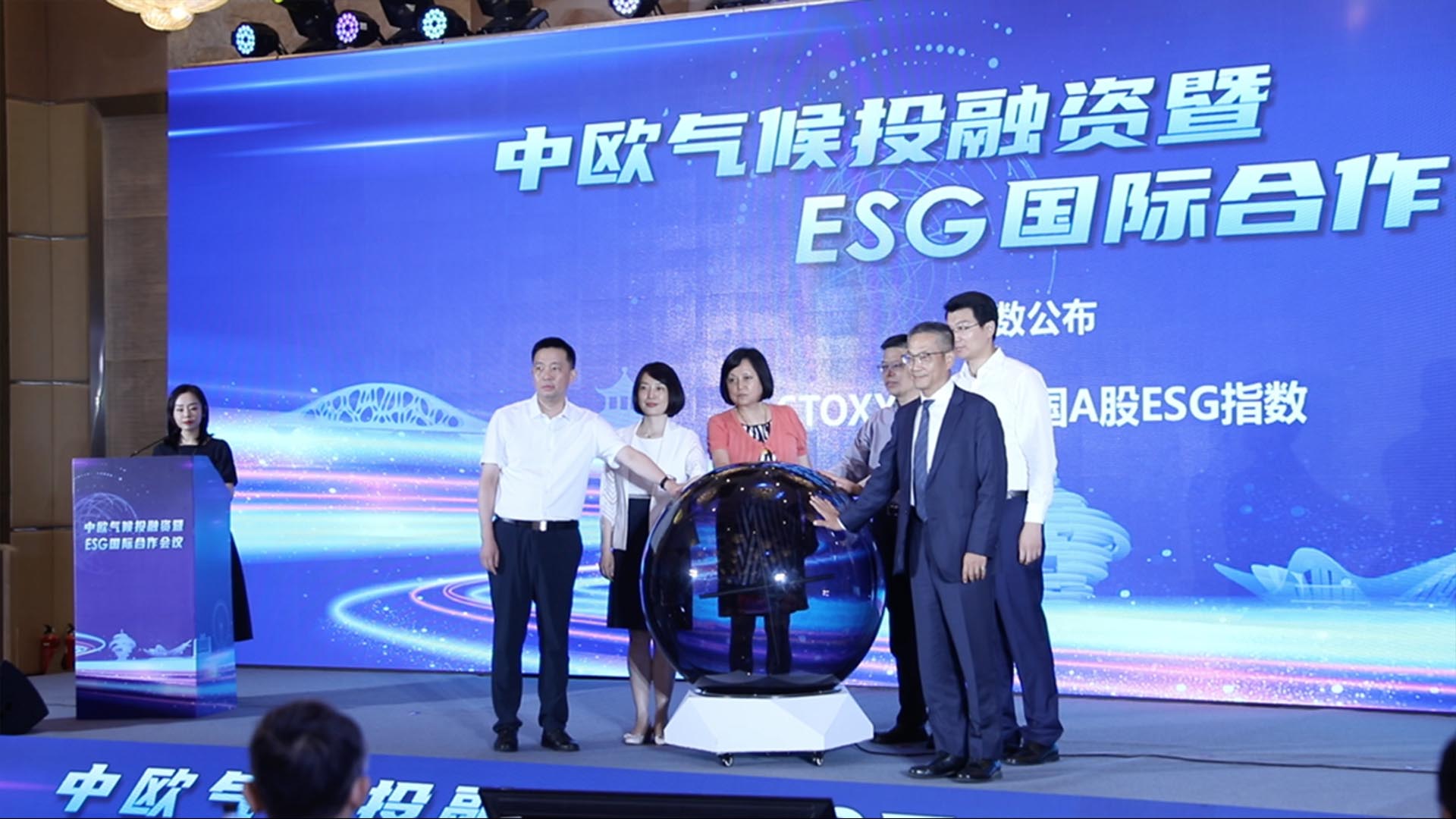Mandatory local empowerment and sustainability
Chinese authorities have ordered South Africa’s large investors in China, as well as other international corporations operating in the country, to improve their ESG strategy and promote local empowerment projects, all while addressing the impact of climate change. The guidelines adopt the ‘double materiality’ principle, which means that companies should consider not only how sustainability issues affect their financial performance, but also how their activities impact the environment and society.
AB InBev APAC (formerly known as SABMiller and Chinese Resources), Aspen Pharmacare (which invested in the Swiss-owned Sandoz), Discovery (with a 25% stake in Chinese insurance giant Ping An Health), and Standard Bank’s Africa-China Banking Centre will be among the companies joining Naspers Ten Cent in adopting and enforcing mandatory guidelines. These guidelines require companies to disclose their contributions to China’s national development strategies, including rural revitalization and innovation-driven development, in their sustainability reports.
ESG Data
The guidelines urge publicly traded companies to assess and reveal their sustainability-related data using a comprehensive framework that encompasses four fundamental areas – governance, strategy, risk management, and metrics and targets. This approach aims to provide investors and key stakeholders with a complete understanding of their efforts towards sustainable development.
China’s three major stock exchanges in Shanghai, Shenzhen, and Beijing made a united effort by unveiling preliminary guidelines for listed companies to disclose their sustainability practices. This significant step forward showcases China’s commitment to establishing a sustainable economy and embracing the worldwide surge in environmental, social, and governance (ESG) initiatives.
As per the guidelines, constituent companies of the SSE 180, STAR 50, SZSE 100, and ChiNext indices, along with those listed domestically and internationally, are obligated to submit mandatory reports on sustainability. On the other hand, other listed companies are encouraged to voluntarily report on their sustainability efforts. Even small and medium-sized enterprises listed on the Beijing Stock Exchange are encouraged to submit sustainability reports voluntarily, rather than being compelled to do so.
Carbon neutrality opportunities
The guidelines have introduced important aspects like biodiversity and circular economy, reinforcing the need for listed companies to disclose their carbon emissions. Alongside revealing their governance and climate change strategies, companies must also share their efforts in climate adaptation, transition plans, total greenhouse gas emissions, emission reduction measures, and opportunities associated with carbon neutrality.
The release of the guidelines has been welcomed by the ESG community, as it signals China’s determination to improve its sustainability performance and transparency and to attract more responsible investors. The guidelines are also expected to create positive spillover effects for other markets and regions, as China is a major player in the global economy and a leader in green finance.
The draft guidelines are open for public comment until February 29, 2024. They are expected to be finalized and implemented in 2026.












